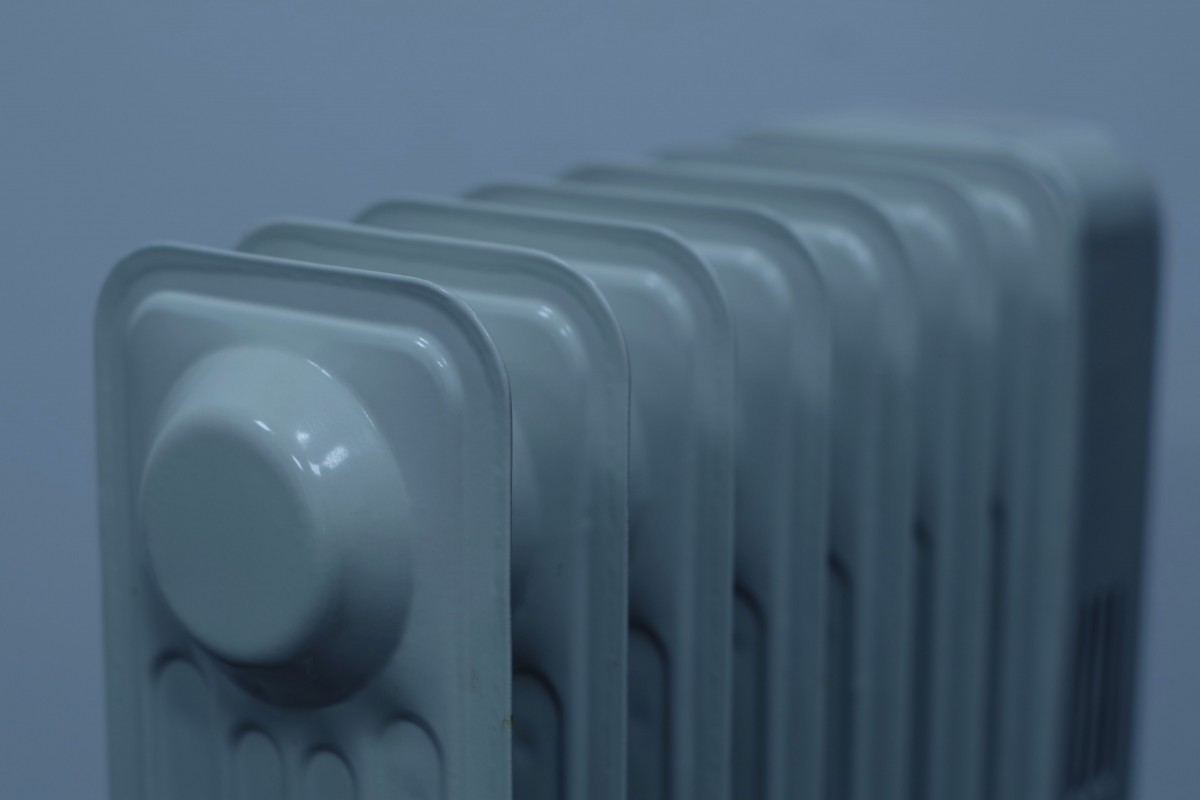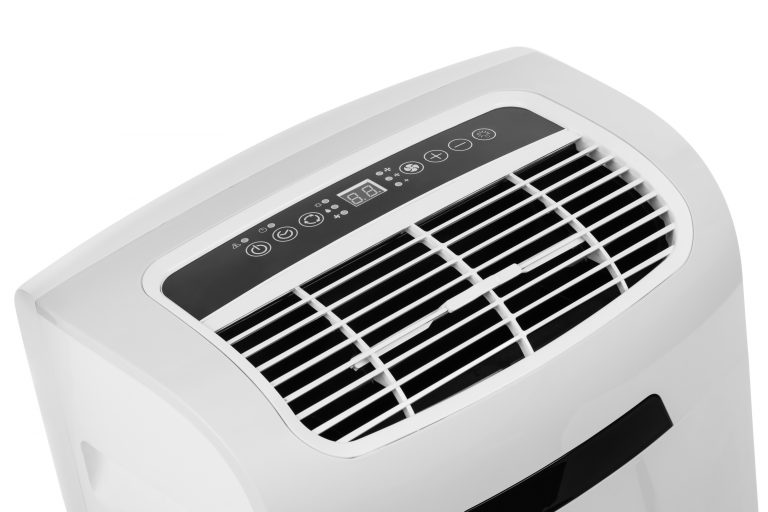Expert Insights: How Long Should Your Water Heater Last?
A water heater is a crucial component of any home, providing hot water for bathing, cleaning, and cooking. But like any appliance, it has a limited lifespan. Knowing how long your water heater should last can help you plan for maintenance, repairs, or replacements before you’re left without hot water. In this article, we’ll explore the factors that affect a water heater’s lifespan and offer tips to maximize its efficiency and longevity.
The Average Lifespan of a Water Heater
Water heaters typically last between 8 to 12 years, though this range can vary based on the type, brand, and how well it’s maintained. Here’s a breakdown by type:
- Tank Water Heaters: Usually last 8-12 years.
- Tankless Water Heaters: Known for their durability, they can last 20+ years with proper care.
- Hybrid Water Heaters: These combine features of tank and tankless systems and generally last around 10-15 years.
Factors That Affect Water Heater Lifespan
- Type of Water Heater
Tankless water heaters generally last longer than traditional tank systems because they don’t store water, reducing the risk of corrosion and sediment buildup.
- Water Quality
Hard water with high mineral content can cause sediment buildup in tank-based heaters, reducing efficiency and lifespan. Installing a water softener can mitigate this issue.
- Maintenance
Regular flushing of the tank, inspection of the anode rod, and cleaning of heating elements can extend the life of your water heater. Neglecting maintenance leads to quicker wear and tear.
- Usage Patterns
Higher usage places more strain on the water heater, leading to faster deterioration. Households with large families may need to replace their water heater sooner than smaller households.
- Installation Quality
Improper installation can reduce efficiency and lifespan. Always hire a licensed professional for water heater installation.
Signs Your Water Heater Needs Replacement
- Age: If your water heater is nearing or past its expected lifespan, it may be time to replace it.
- Rusty Water: Discolored water could indicate internal corrosion in the tank.
- Leaking Tank: Leaks are a sign that the tank is failing and should be replaced immediately.
- Frequent Repairs: If you’re constantly calling for repairs, investing in a new unit might be more cost-effective.
- Inconsistent Heating: If the water temperature fluctuates or doesn’t reach desired levels, it could indicate a failing heating element or thermostat.
Tips to Extend the Lifespan of Your Water Heater
- Flush the Tank Annually: This prevents sediment buildup, which can reduce efficiency and damage the tank.
- Inspect the Anode Rod: The anode rod protects the tank from corrosion. Replace it every 3-5 years as needed.
- Install a Water Softener: Protect your water heater from hard water damage by reducing mineral buildup.
- Check the Temperature Setting: Keep the thermostat set at 120°F to prevent overheating and reduce wear on components.
- Schedule Professional Maintenance: Regular inspections by a licensed technician can catch issues early and prolong the life of your water heater.
When to Repair vs. Replace Your Water Heater
- Repair: If the unit is less than 8 years old and the issue is minor (e.g., a faulty thermostat or heating element), repair is usually sufficient.
- Replace: If the water heater is over 10 years old and requires frequent or costly repairs, replacement is the better option.
Final Thoughts
Understanding how long your water heater should last and taking steps to maintain it can save you money and prevent inconvenient breakdowns. If your water heater is showing signs of age or inefficiency, trust the experts at Elite Plumbing, Heating & Air Conditioning. We specialize in water heater repair and replacement to keep your home running smoothly. Call us today at 702-263-2665 to schedule a service or consultation!
SCHEDULE YOUR FREE ESTIMATE
We Provide Expert Air Conditioning Services in Las Vegas, NV






